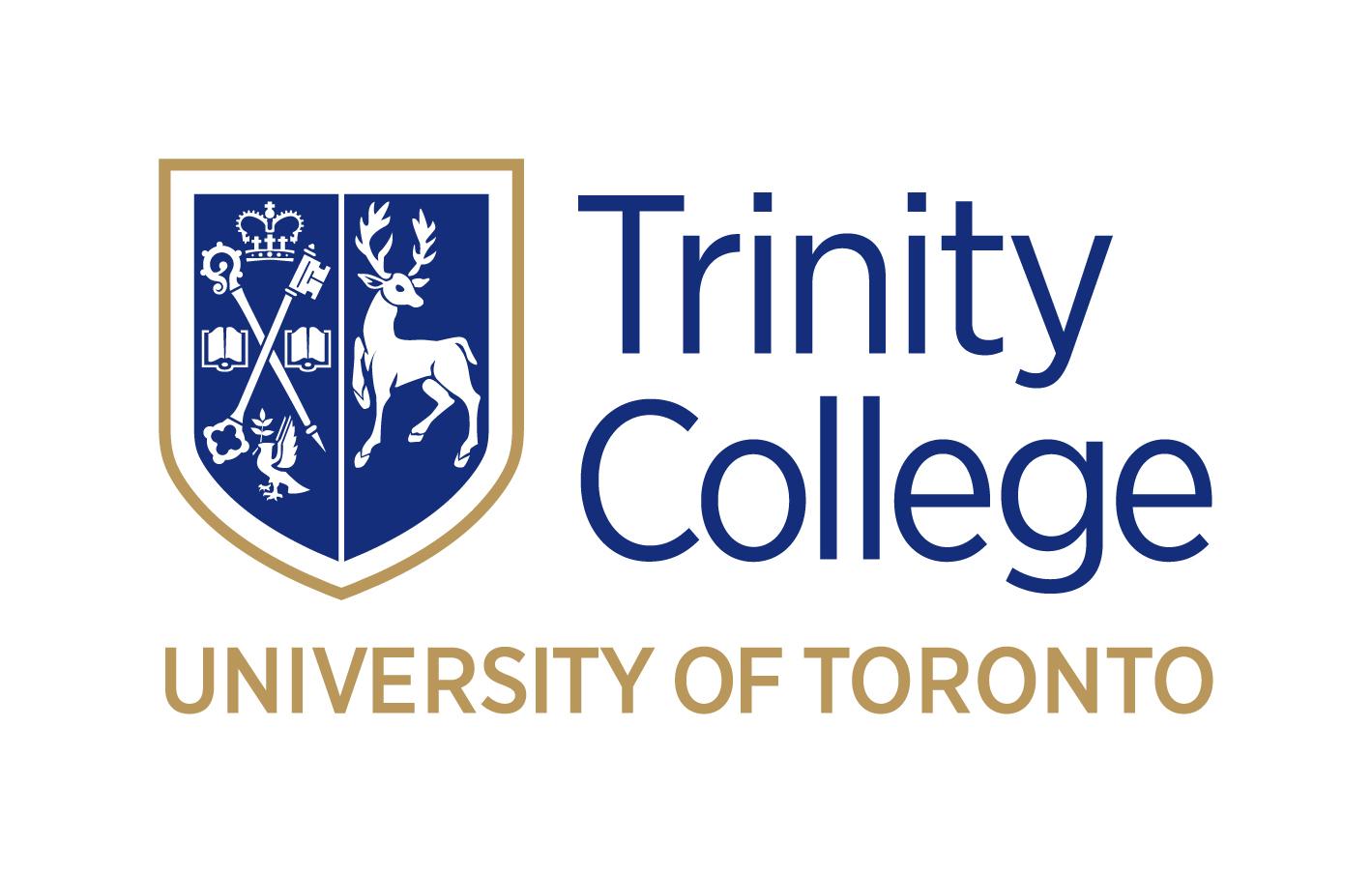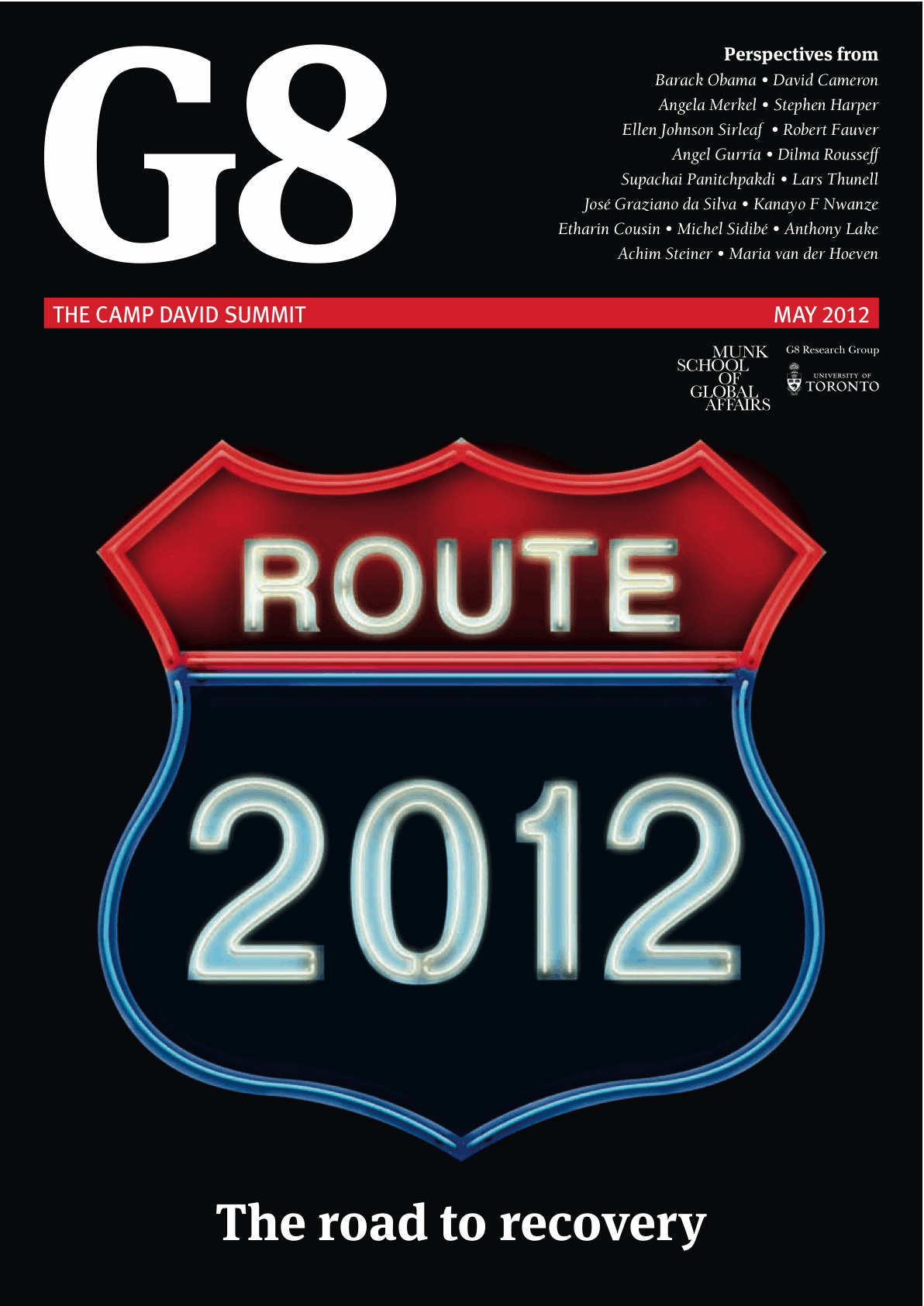

 |
 |
|

Working to prevent nuclear proliferation in the Gulf
David Shorr, The Stanley Foundation
Iran's nuclear ambitions have provoked widespread condemnation.
The latest sanctions – spearheaded by the US and the EU – may finally pay dividends
From "The G8 Camp David Summit 2012: The Road to Recovery," edited by John Kirton and Madeline Koch,
published by Newsdesk Media Group and the G8 Research Group, 2012
To download a low-resolution pdf, click here.
When it comes to topics of discussion at summits such as the G8, some items are the product of months of careful planning while others arise on the spot – or with a few days' or weeks' warning at most. At one level, the G8 is a distinct multilateral body, with certain sets of issues or initiatives falling squarely within its ambit. In an echo of the old joke about where an elephant sits, however, it is a truism about summit meetings that world leaders talk about whatever they want. This is not necessarily a comment on the leaders' capriciousness, but instead a nod to their political and diplomatic imperatives. Presented with the chance to do business directly with their counterparts, it is only natural for them to focus on their own foreign-policy priorities and the crush of current events, and not be confined to a multilateral forum's particular agenda. These are the impulses that often spur leaders at summits to issue collective statements on the day's urgent crises or just discuss them quietly, either as a group or in bilateral side meetings.
Just as the attention of political leaders ranges across issues irrespective of mandates or agendas, conversely those issues are handled in multiple forums. Depending on the nature of the diplomatic or technical problem at a given moment, the heart of the action will be the corresponding multilateral venue. But for issues of the utmost political sensitivity, world leaders always reserve the option to work things out directly with each other, wherever their paths may cross.
As the controversy over Iran's nuclear programme has intensified, the international discussion of how to respond is constant – in the United Nations Security Council, the International Atomic Energy Agency and bilateral channels (particularly over the specifics of economic sanctions).
So it is safe to assume that Iran will be discussed at Camp David. If the most significant activity at the summit is the attempt to harmonise the positions of, say, the United States and Russia, it may or may not be reflected in the summit communiqué.
The latest phase of sanctions has been aimed at constraining Iranian oil exports and disconnecting its financial institutions
As of early April, the main international contact group for negotiations over Iran's nuclear programme (the P5+1) was slated to meet on 13–14 April. But with the Iranian government resisting the meeting's proposed venue, the plan was not yet firm.
The P5+1 is composed of the Security Council's five permanent members (United States, United Kingdom, France, Russia and China) plus Germany. Interestingly, Iran is balking at meeting in Turkey, which was the site of the last round of talks in January 2011. More to the point, Turkish prime minister Tayyip Erdogan served as an important bridge builder with Iranian leaders in 2010, brokering an agreement with Tehran that was rejected by the P5.
Two years later, Iran's government no longer sees Turkey as a hospitable site; it countered by suggesting China or Iraq. Most recently, US president Barack Obama relied on Erdog
Negotiations on how to guarantee the civilian character of Iran's nuclear activities pose a dilemma for the key powers, as they search for a peaceful solution. The longer the process drags on, the further Iran progresses in its enrichment of uranium that it could use for a nuclear weapon. From the Iranian vantage point, a drawn-out negotiation gives more time to hone its enrichment technology – a classic strategy of running out the clock.
The P5+1 is thus wary of being strung along by the Iranians, with diplomatic talks merely helping shield Iran from pressure. This is the point of economic sanctions: to prod Iran towards serious negotiations after it has already run the clock down for several years.
In June 2010, the Security Council enacted the toughest sanctions ever imposed on Iran, the culmination of a major diplomatic push by the Obama administration. Russian support for these sanctions was the main pay-off of Obama's ‘reset' with Moscow.
The thrust was to clamp down on any dealings between Iranians and the rest of the world that could help the nuclear programme. Eight months earlier, the P5+1 process had reached a hopeful moment, hammering out a fuel-swap deal to move the bulk of Iran's low-enriched uranium out of the country in exchange for foreign-milled civilian nuclear fuel. When Iran balked, the Obama administration started to line up support for a new sanctions resolution.
The latest phase of sanctions has been aimed at constraining Iranian oil exports and disconnecting its financial institutions, including the Central Bank of Iran (CBI), from the global financial system. The two key levers have been a European Union oil embargo due to take effect on 1 July 2012 and a law passed by the US Congress in December 2011. For all banks operating in the United States – after all, the very hub of global finance – the new law imposes strict limits on any transactions with the CBI other than oil purchases.
Specifically, for the import of oil from Iran, the US will also crack down on any bank doing such business unless the bank's parent country is reducing its imports. This exception was opened to minimise the economic harm to American allies such as Japan and Korea. Of course, America's fragile recovery is itself threatened by rising global oil prices, which in turn have been fed by fears of a potentially escalating conflict with Iran. Meanwhile, Obama's political opponents stoke those fears while simultaneously blaming the president for high prices at the pump.
The European Union and its key members have taken an increasingly tough line with the Iranian regime. In addition to the impending European Union oil embargo, the Belgium-based SWIFT system announced in February 2012 that it would also stop processing transactions with many Iranian banks.
The European leaders in the P5+1 have even outflanked Obama in their rejection of any future uranium enrichment in Iran – a stance that puts a cloud over the negotiations.
As an interesting footnote to the brinksmanship of recent years, one of the most dramatic revelations about Iran's nuclear programme (the hidden Fordow facility near Qom) was announced in the margins of the G20 Pittsburgh Summit in September 2009. This kind of diplomatic fireworks is unlikely to be seen at the Camp David Summit but, of course, one never knows.
|
This Information System is provided by the University of Toronto Library |
All contents copyright © 2023. University of Toronto unless otherwise stated. All rights reserved.